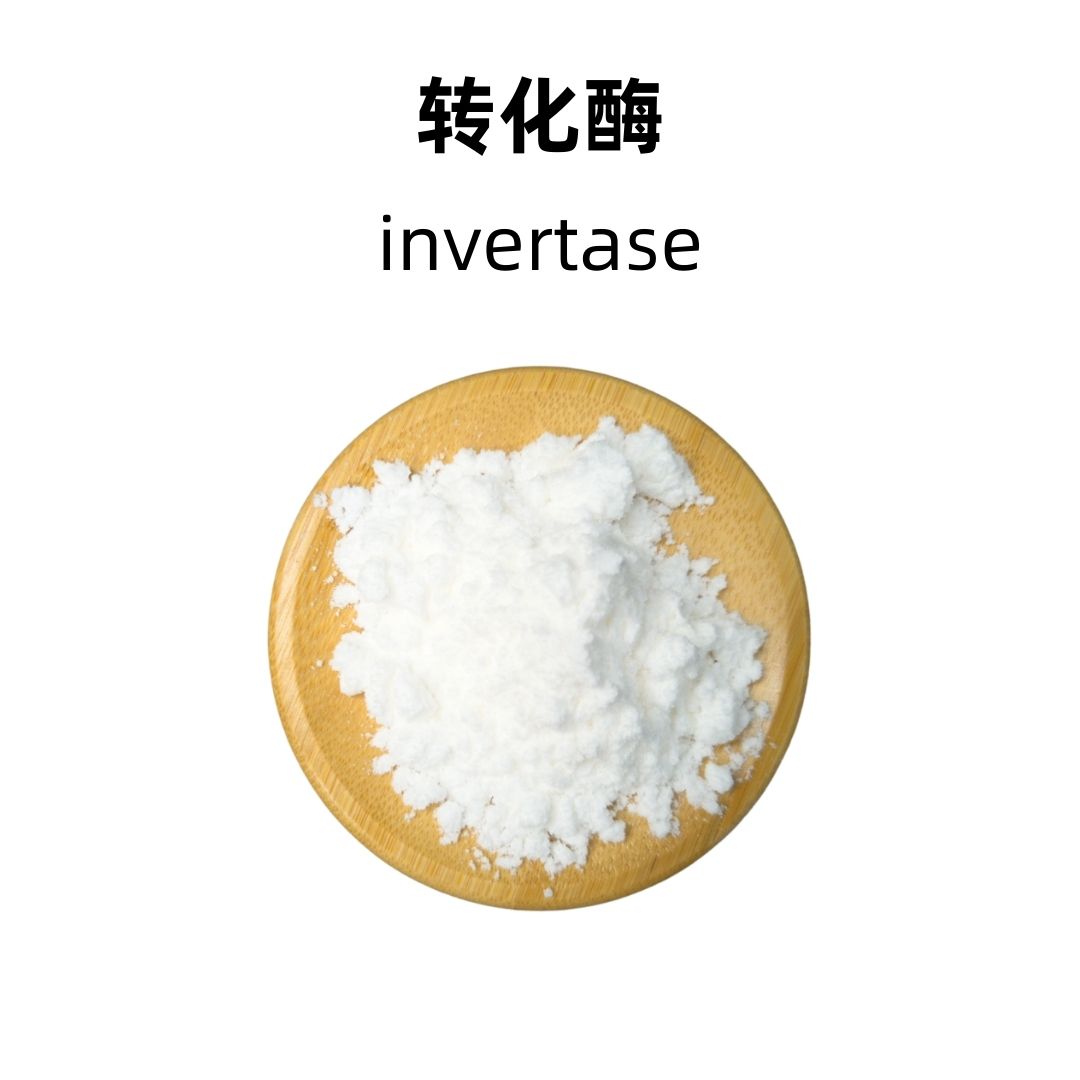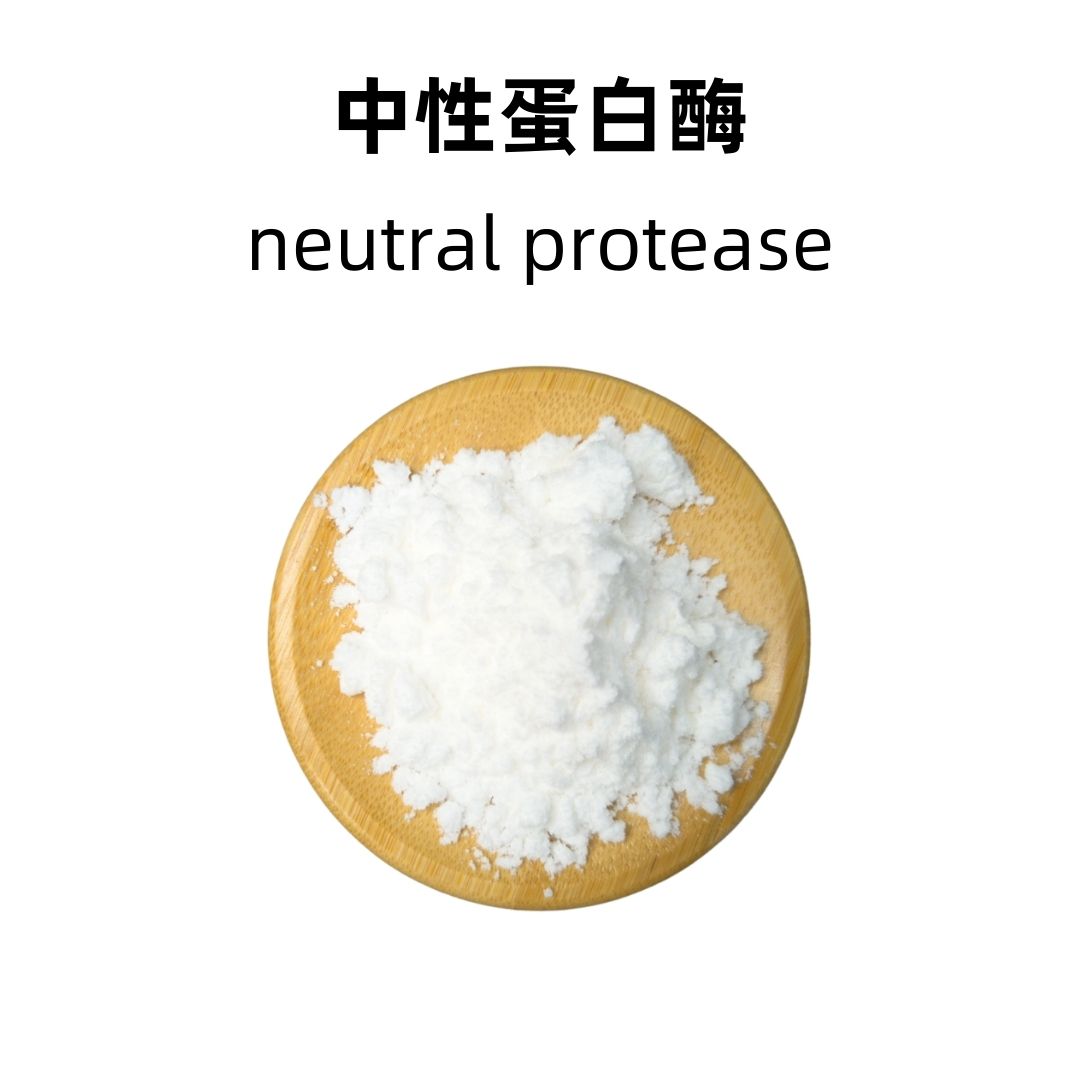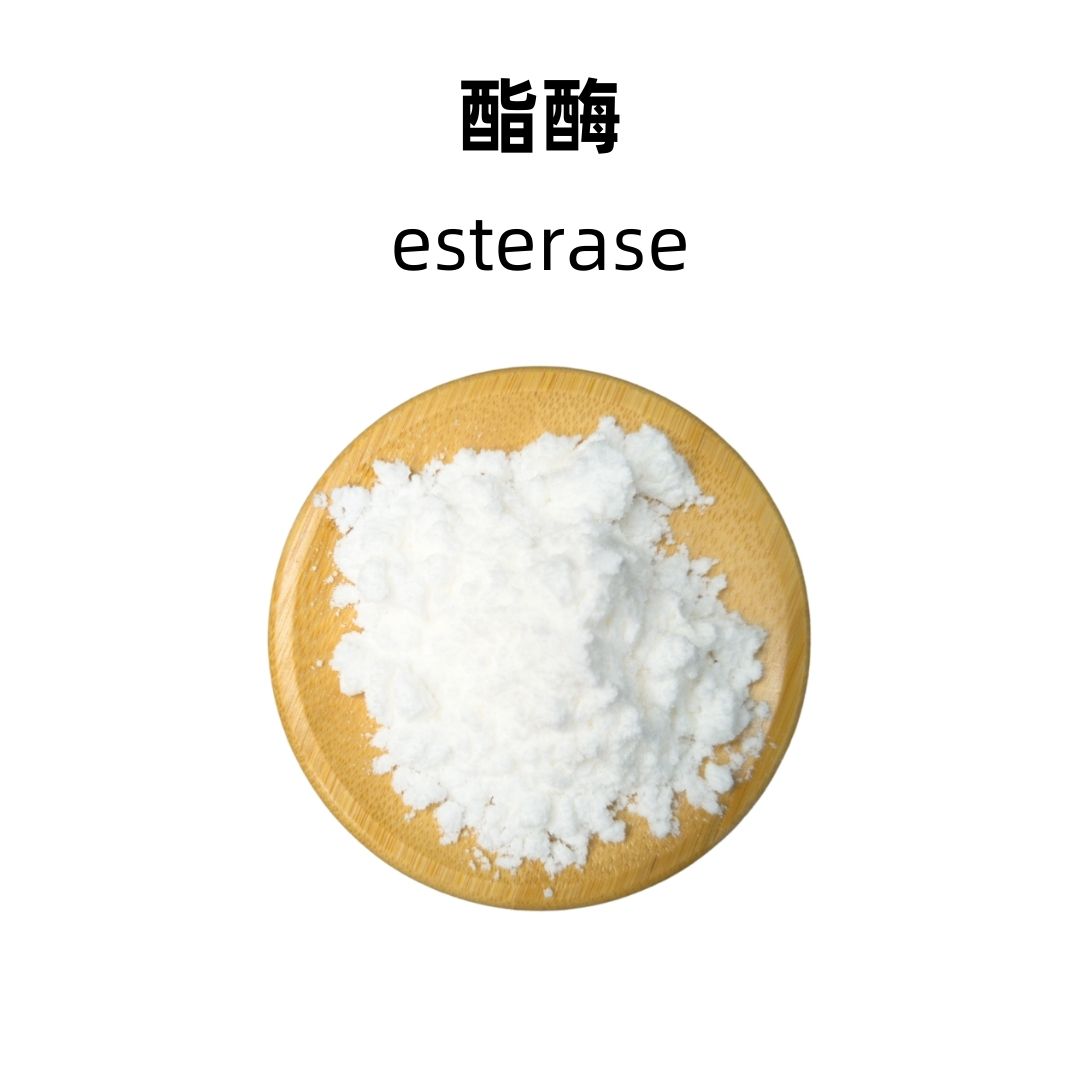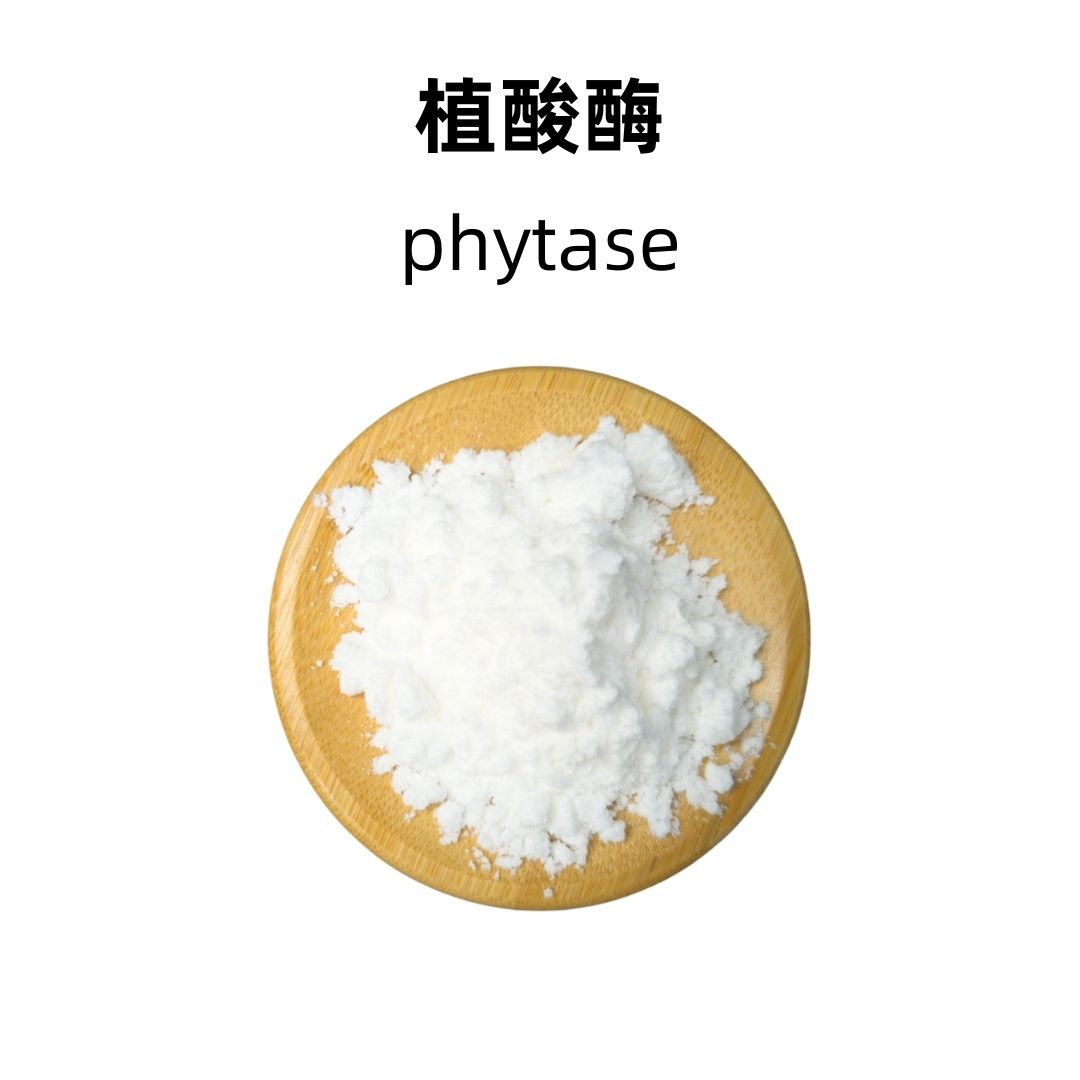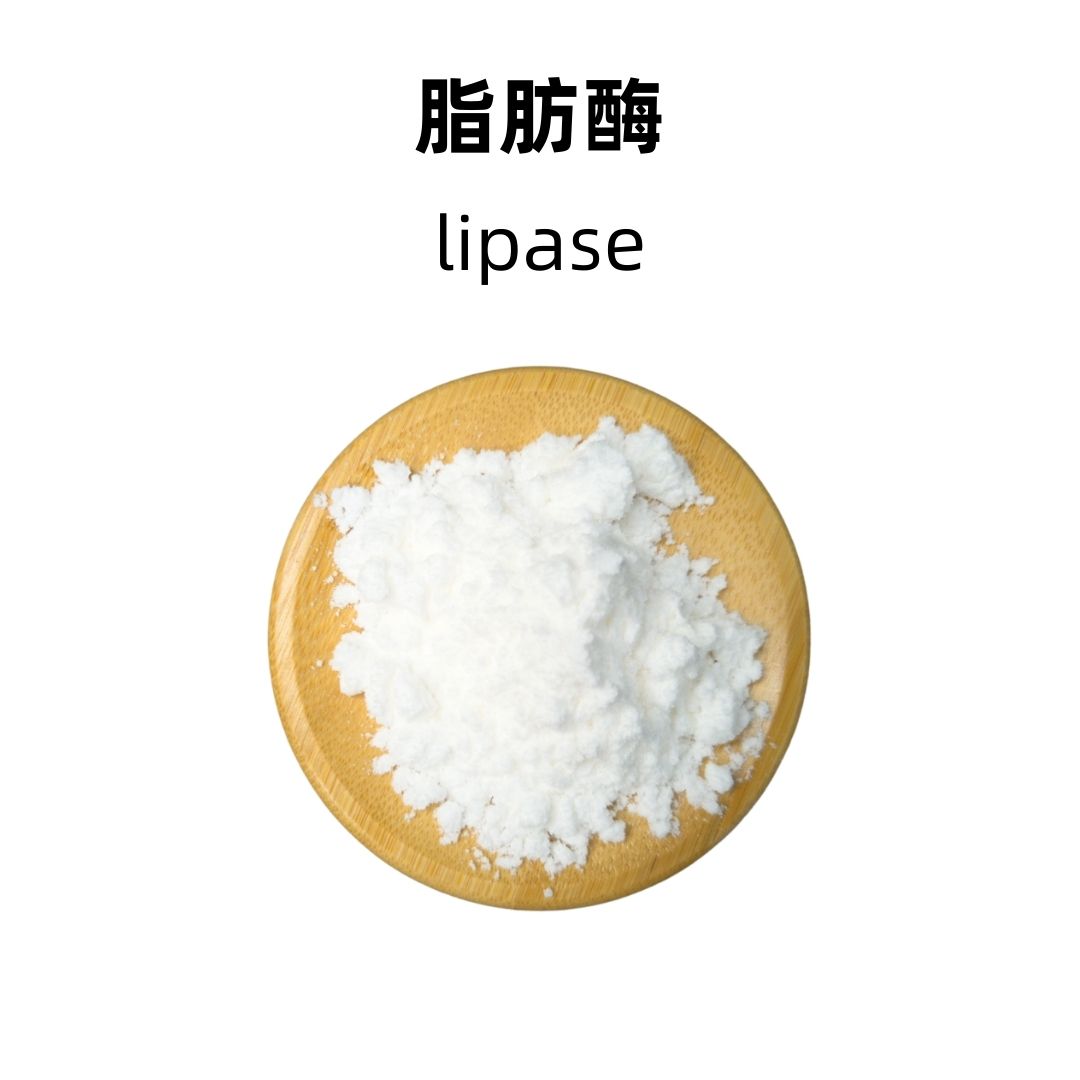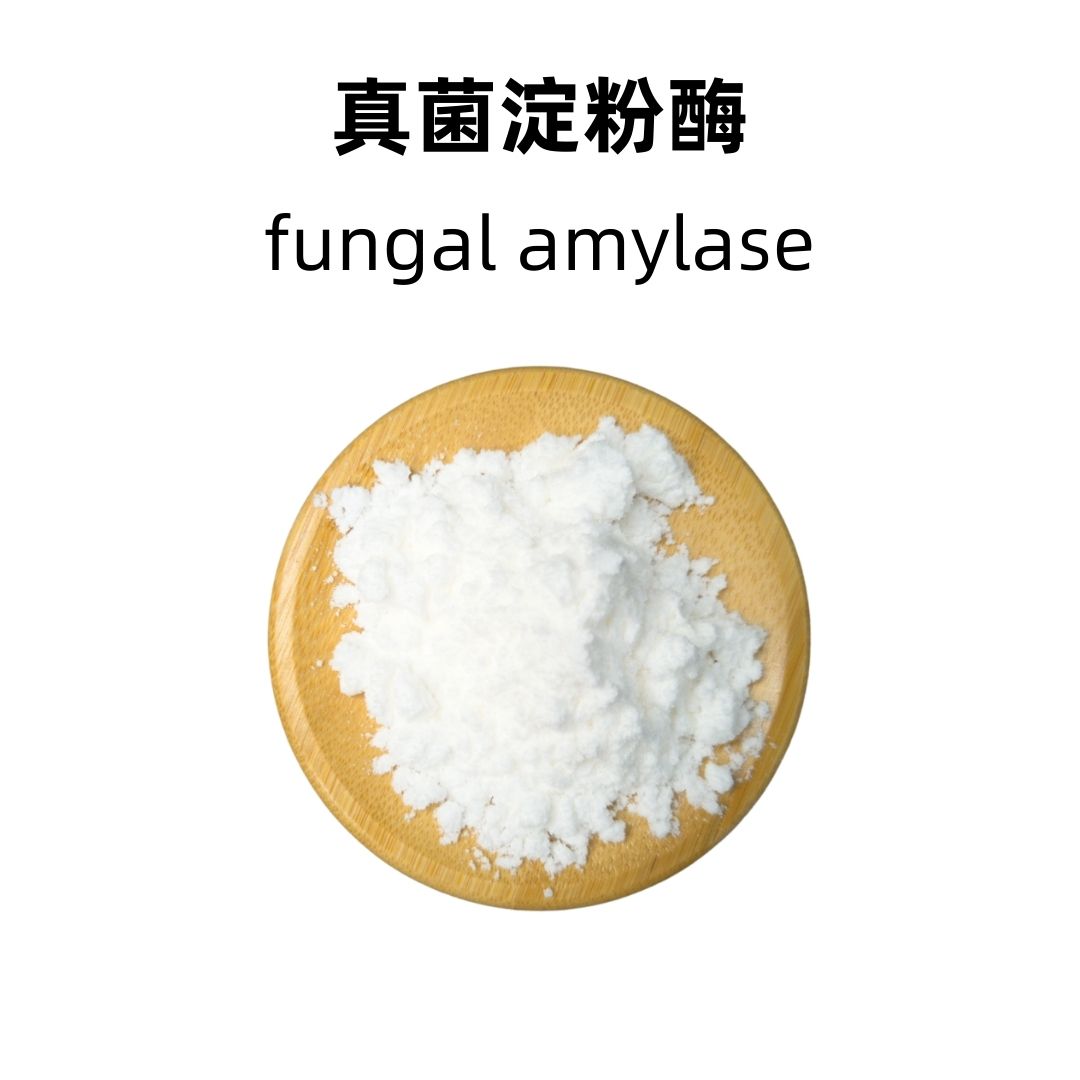Product Introduction
Acetaldehyde dehydrogenase (ALDH2) is an enzyme that plays a crucial role in the breakdown of acetaldehyde, a toxic byproduct of alcohol metabolism. The enzyme catalyzes the oxidation of acetaldehyde to acetic acid, which can then be further metabolized and safely utilized by the body. ALDH2 is particularly important for individuals who consume alcohol, as it helps to mitigate the harmful effects of acetaldehyde, which can lead to hangovers and other health issues.
Production Process
The production of acetaldehyde dehydrogenase typically involves recombinant DNA technology. This method uses genetically modified microorganisms, such as bacteria or yeast, which have been engineered to express the ALDH2 gene. Once the microorganisms produce the enzyme, it is purified through various techniques, including chromatography, to ensure high purity and activity levels. The end product is then formulated for specific applications, ensuring stability and effectiveness.
Effects and Functions
Acetaldehyde dehydrogenase serves several important functions in the body. Its primary role is detoxifying acetaldehyde, thereby reducing its concentration and minimizing potential toxic effects. This detoxification process helps to alleviate symptoms associated with alcohol consumption, such as flushing, nausea, and headaches. Additionally, ALDH2 variants have been studied for their implications in genetic predispositions to alcohol sensitivity and related health conditions.
Application Scenarios
Acetaldehyde dehydrogenase finds its use in various research fields. It is significant in studies focused on alcohol metabolism and genetics, particularly regarding populations that show varied responses to alcohol intake. The enzyme is also used in biochemistry labs for research on metabolic pathways and the impact of alcohol on the human body. Furthermore, ALDH2 can be explored in therapeutic contexts, where enhancing its activity may help treat alcohol-related disorders.
Packaging and Storage
Storage Conditions: The product should be sealed, protected from light, kept away from high temperatures, and stored in a dry, cool, and well-ventilated place.
Packaging: Bulk: 25 kg per fiber drum. Sample: 1 kg per aluminum foil bag. Custom packaging is available upon request.
Shipping Methods: FedEx, DHL, dedicated logistics, and sea freight consolidation.
Shelf Life: Two years.
Monica Sun possesses extensive technical expertise and market insights in the food additives industry. She excels in designing efficient and safe additive formulations tailored to various food applications, ranging from sweeteners to functional dietary fibers. Monica has successfully assisted food manufacturers in optimizing ingredient combinations to enhance product quality and improve consumer satisfaction.









